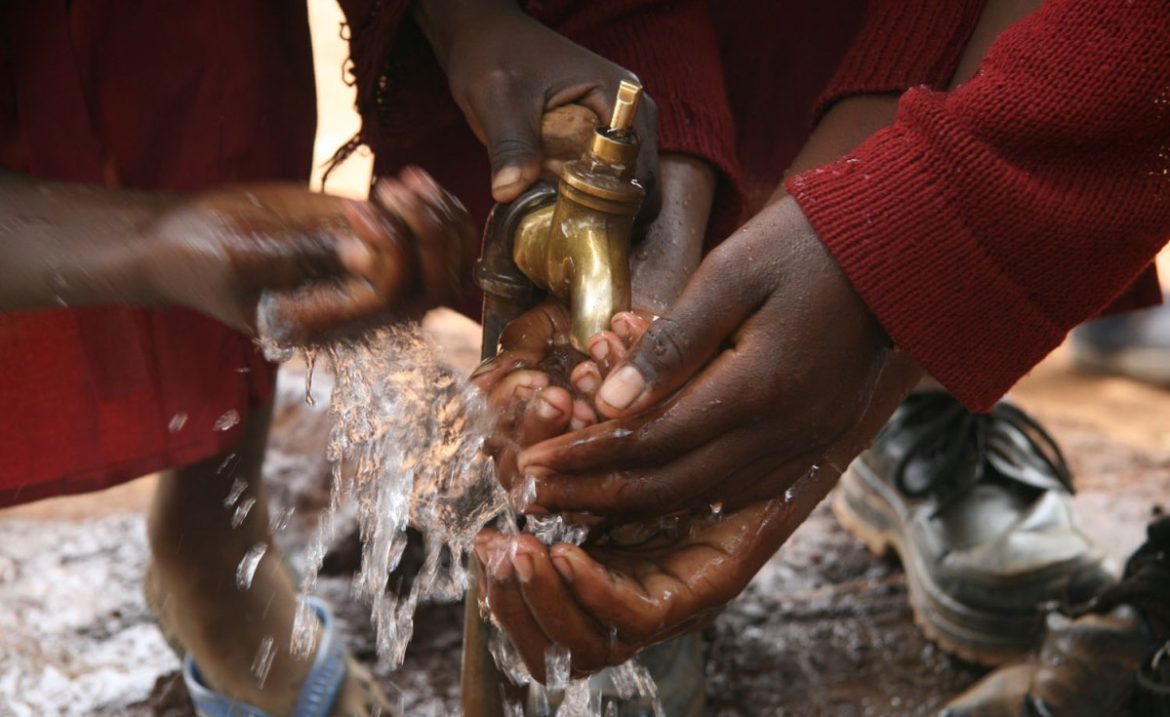WINDHOEK, Nov. 1 — Namibia has launched a nationwide plan to tackle worsening water shortages as prolonged droughts and rising demand put increasing pressure on the country’s limited water resources.
In a statement on Saturday, the Ministry of Agriculture, Fisheries, Water, and Land Reform said the comprehensive response seeks to ensure a reliable and sustainable water supply for all Namibians, particularly in rural areas.
According to the ministry, the plan will be rolled out through immediate, medium-term, and long-term measures, including expanding water pipelines, drilling and equipping of boreholes, rehabilitation of earth dams for rainwater harvesting, and installing small desalination plants.
Additional efforts will focus on sealing canals, establishing community gardens, and preventing veld fires that threaten vital water infrastructure.
Prime Minister Elijah Ngurare, who chaired an urgent consultative meeting with stakeholders from the water and power sectors in Windhoek, the capital, on Friday, noted that the government is committed to ensuring water security nationwide.
“What we want is that each region must have a sufficient water supply for human consumption, livestock consumption, and gardening projects for enhanced food security,” Ngurare said.
According to the ministry, national utilities NamPower and NamWater will work together to maintain stable electricity supply and pumping capacity, ensuring effective water distribution.
Namibia, one of the driest countries in sub-Saharan Africa, relies heavily on groundwater and shared river systems.
Rural communities in the country’s northern and northeastern regions, including Kunene, Omusati, Oshana, and Kavango, have been hardest hit by prolonged dry spells and falling groundwater levels.
With climate variability and limited storage capacity worsening the crisis, the government is stepping up investment in water infrastructure and management to enhance national resilience. (Xinhua)



